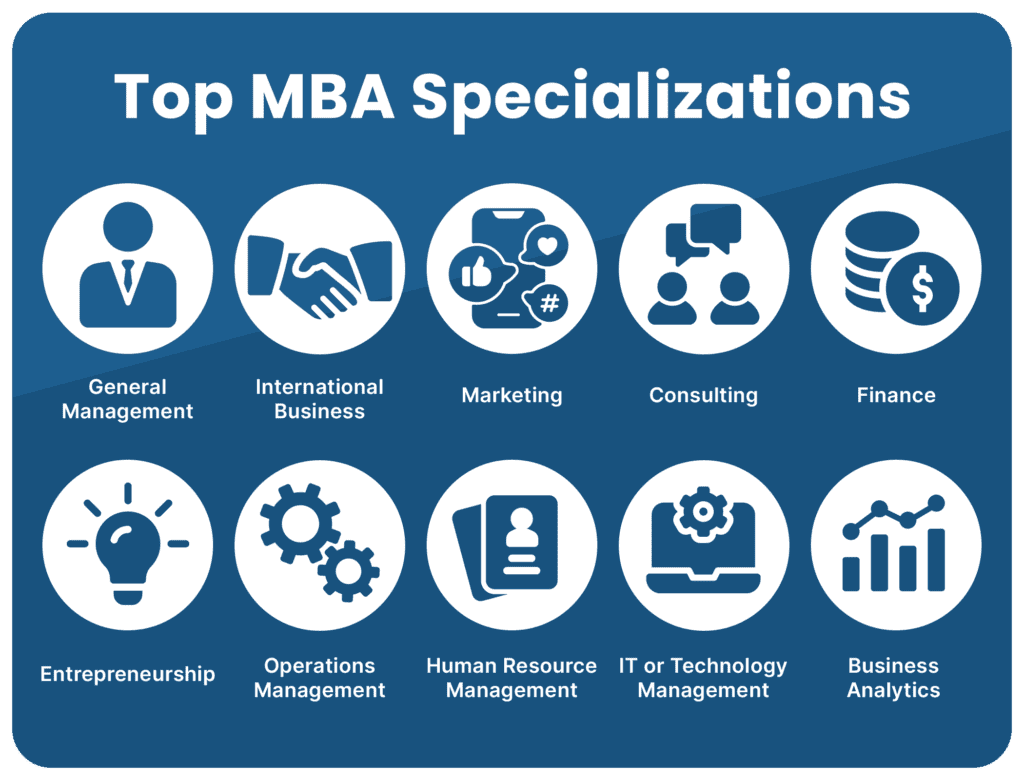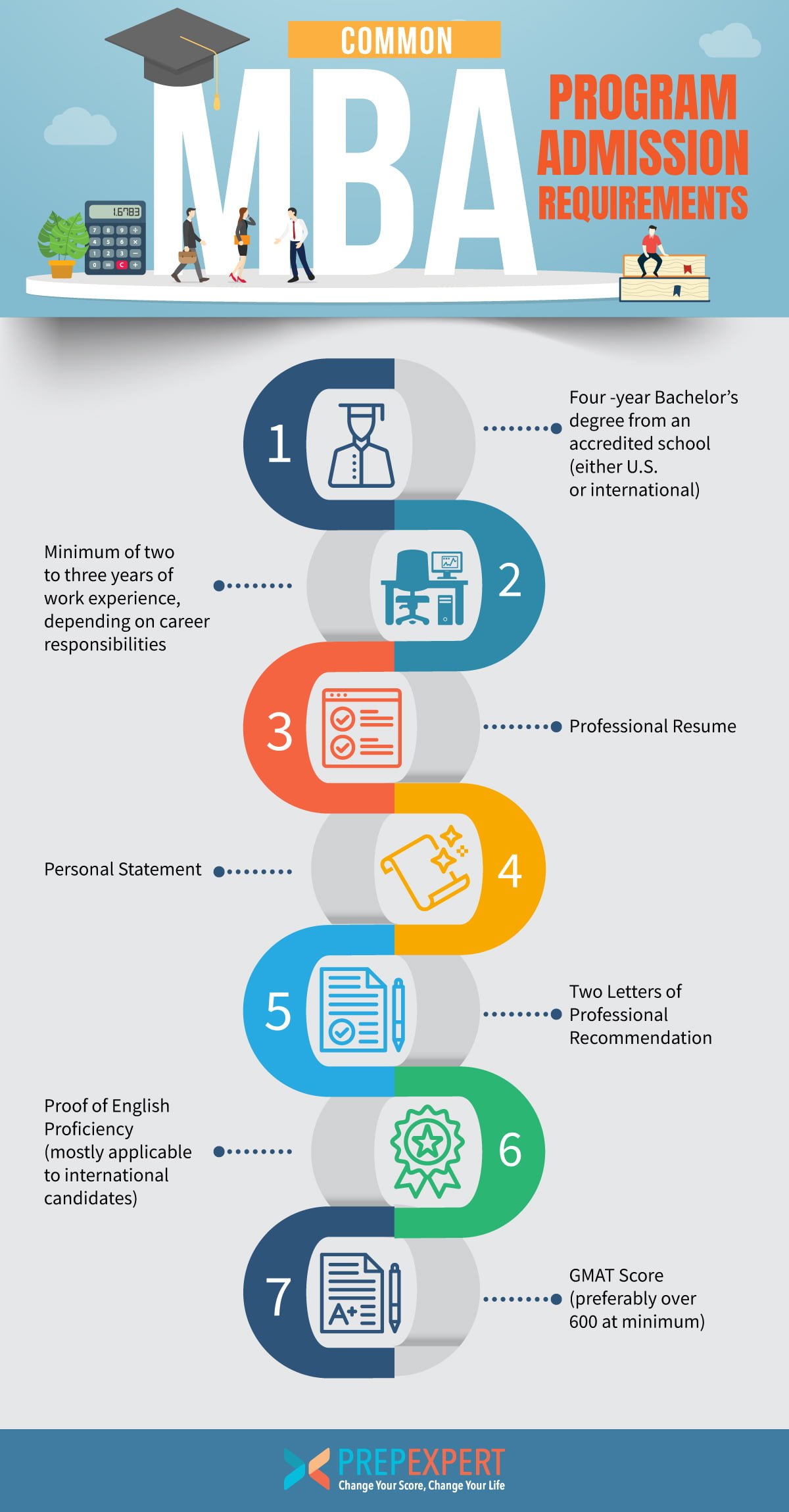In the realm of higher education, the Master of Business Administration (MBA) stands as a beacon of career advancement and professional growth. Whether you are a seasoned professional seeking to enhance your skills or a recent graduate yearning to launch your business aspirations, an MBA can empower you with the knowledge and abilities to navigate the complex world of business. This article delves into the essence of an MBA, exploring its purpose, benefits, and why it should be a consideration for anyone seeking to elevate their career path.
Here’s the HTML code with the H2, H3 subtitles, and detailed information about MBAs, formatted with tables:
What is an MBA and Why Should You Consider It?
What is an MBA?
An MBA, or Master of Business Administration, is a graduate-level degree that equips individuals with the knowledge, skills, and experience needed to excel in the business world. This program delves into a wide range of business disciplines, preparing graduates for leadership roles in diverse industries.
Benefits of Pursuing an MBA
| Benefit | Description |
|---|---|
| Career Advancement | An MBA can significantly boost your career prospects, opening doors to leadership positions and higher salaries. |
| Enhanced Skills and Knowledge | The program provides a comprehensive understanding of business fundamentals, including finance, marketing, operations, and strategic management. |
| Networking Opportunities | MBA programs offer valuable networking opportunities with peers, professors, and industry professionals, expanding your professional circle. |
| Increased Earning Potential | MBA graduates often earn significantly more than those with only a bachelor’s degree, thanks to their advanced skills and knowledge. |
Who Should Consider an MBA?
An MBA is a valuable investment for individuals who aspire to:
| Aspirations | Description |
|---|---|
| Advance their careers | Individuals seeking leadership roles, promotions, or career changes. |
| Gain specialized business knowledge | Those aiming to deepen their understanding of specific business areas, such as finance or marketing. |
| Develop their leadership and management skills | Individuals seeking to hone their leadership abilities and become effective managers. |
| Expand their professional network | Those looking to connect with peers, industry experts, and potential employers. |
Explanation of the H3 Subtitles and their Contents:
What is an MBA?
– This section defines an MBA as a graduate degree that provides comprehensive business knowledge and skills for leadership roles. It highlights the program’s focus on various business disciplines.
Benefits of Pursuing an MBA
– This section emphasizes the advantages of obtaining an MBA. It explains how the degree can:
– Boost careers: Opening doors to leadership positions and higher salaries.
– Enhance skills and knowledge: Providing a strong foundation in core business areas.
– Expand professional networks: Offering valuable connections with peers and industry professionals.
– Increase earning potential: Often resulting in higher salaries compared to those with bachelor’s degrees.
Who Should Consider an MBA?
– This section identifies the types of individuals who would benefit most from an MBA, including those aiming to:
– Advance their careers: Seeking promotions, leadership roles, or career changes.
– Gain specialized business knowledge: Deepening their understanding of specific business areas.
– Develop their leadership and management skills: Becoming more effective managers and leaders.
– Expand their professional network: Connecting with potential employers and industry experts.
Unlock Your Career Potential with an MBA
What is an MBA?
An MBA, or Master of Business Administration, is a postgraduate degree that provides students with a comprehensive understanding of business principles and practices. It equips individuals with the knowledge, skills, and networks necessary to succeed in leadership roles across various industries.
Why Consider an MBA?
There are numerous reasons why pursuing an MBA can be a valuable investment in your career. Here are some key benefits:
Enhanced Career Advancement: An MBA can open doors to higher-level positions and leadership opportunities.
Increased Earning Potential: MBA graduates often earn significantly more than their non-MBA counterparts.
Expanded Skillset: The program provides a broad range of business skills, including finance, marketing, strategy, and leadership.
Networking Opportunities: MBA programs foster strong connections with peers, professors, and industry professionals.
Global Perspective: Many MBA programs offer international study opportunities, enriching your global business knowledge.
Types of MBA Programs
MBA programs come in various formats to accommodate different learning styles and schedules:
Full-time MBA: A traditional two-year program designed for recent graduates or early-career professionals.
Part-time MBA: A flexible program for working professionals, often completed over several years.
Executive MBA: An accelerated program tailored for experienced managers and executives.
Online MBA: A convenient option for students who prefer remote learning.
MBA Program Curriculum
MBA programs typically cover a wide range of core business subjects, including:
Finance: Accounting, financial analysis, investment management
Marketing: Consumer behavior, branding, market research
Management: Organizational behavior, leadership, strategic decision-making
Operations: Supply chain management, logistics, quality control
Strategy: Competitive analysis, industry trends, business planning
How to Apply to an MBA Program
The application process for MBA programs typically involves:
Submitting a strong application: Include your transcripts, letters of recommendation, and a personal essay.
Taking standardized exams: Most programs require scores from the GMAT or GRE.
Interviewing with admissions staff: Demonstrate your passion for business and your fit with the program.
Frequent questions
What is an MBA?
An MBA, or Master of Business Administration, is a postgraduate degree that equips individuals with the necessary knowledge and skills to excel in the business world. It is a comprehensive program that covers a wide range of business disciplines, including finance, marketing, accounting, management, and strategy. An MBA is designed to enhance your analytical, problem-solving, and leadership abilities, making you a more valuable asset to any organization.
Why should I consider an MBA?
Pursuing an MBA can open doors to numerous career opportunities and enhance your overall professional development. It provides you with a solid foundation in business principles and practices, making you a more competitive candidate for senior management positions. Additionally, an MBA can:
Increase your earning potential: MBA graduates often earn significantly higher salaries than their non-MBA counterparts.
Expand your professional network: MBA programs offer valuable networking opportunities with fellow students, professors, and industry professionals.
Develop essential leadership skills: MBA curriculum focuses on developing leadership qualities, including strategic thinking, decision-making, and team management.
Enhance your credibility: An MBA is a recognized and respected credential that demonstrates your commitment to business excellence.
What are the admission requirements for an MBA program?
Admission requirements for MBA programs can vary depending on the specific institution. However, common requirements usually include:
A bachelor’s degree: Most MBA programs require a bachelor’s degree in any field.
Strong academic record: A competitive GMAT or GRE score is typically required.
Professional work experience: Many programs prefer candidates with at least two years of work experience.
Letters of recommendation: Strong letters of recommendation from previous employers or professors are essential.
Statement of purpose: A well-written statement of purpose outlining your career goals and motivations for pursuing an MBA.
Resume: A comprehensive resume highlighting your relevant work experience and accomplishments.
What are the different types of MBA programs?
There are various types of MBA programs available, each catering to specific career goals and preferences. Some common types include:
Full-time MBA: This is a traditional two-year program that requires full-time commitment.
Part-time MBA: This program allows students to continue working while pursuing their MBA over a longer period.
Executive MBA: Designed for experienced professionals, this program typically requires a significant commitment and focuses on executive-level skills.
Online MBA: This program offers the flexibility to study online at your own pace.
Specialized MBA: These programs cater to specific industries, such as healthcare, technology, or finance.












